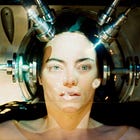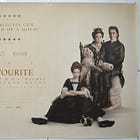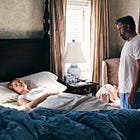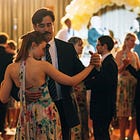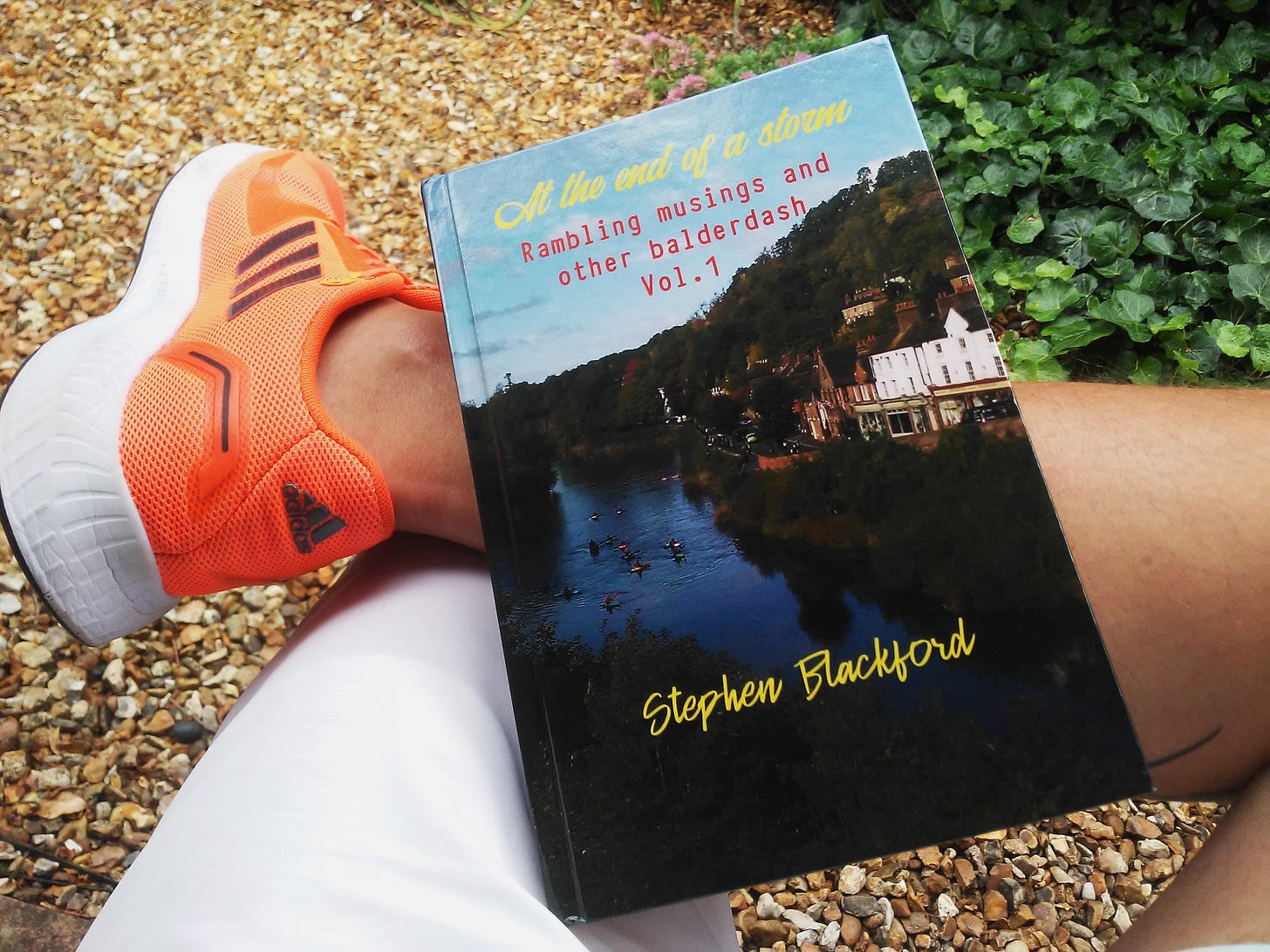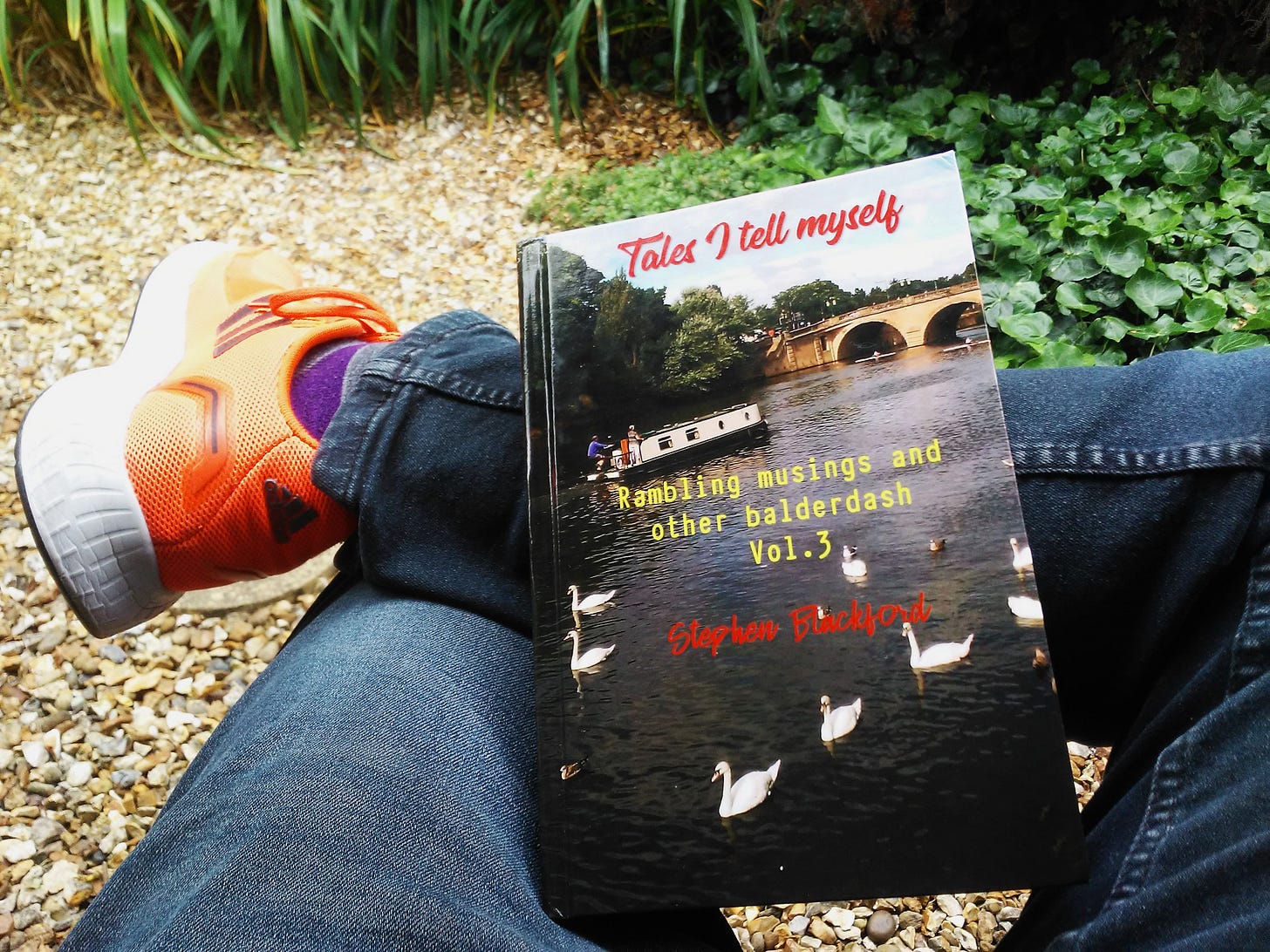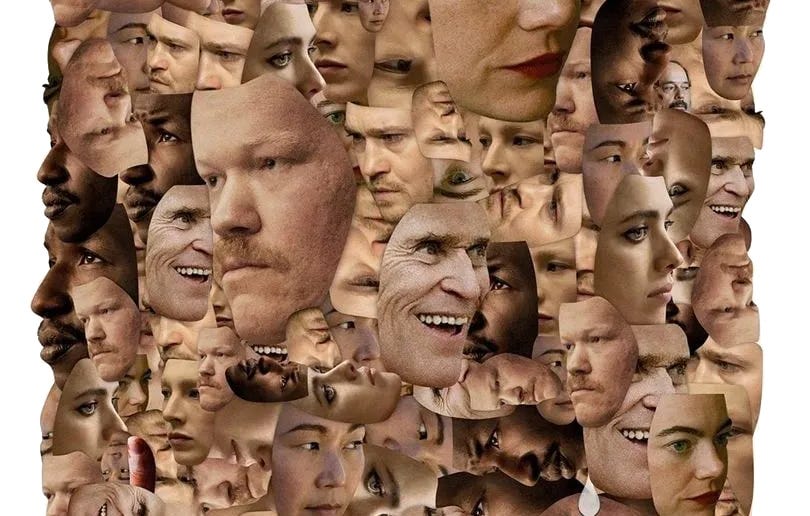
The ninth film in the cinematic canon of Greek filmmaker Yorgos Lanthimos (Dogtooth, The Lobster, The Killing of a Sacred Deer, Poor Things) begins with typically understated and simple yet colourful fonts but the immediate change I noted was the choice of “Sweet Dreams (Are Made of This)” by Eurythmics. The song ends abruptly but then continues in a softer, muted way inside a car slowly entering a driveway outside a sumptuous looking detached suburban house. With the car now parked a chapter slide (in yellow font) proclaims “The Death of R.M.F.” and from a static camera that never moves from a long distance shot of the house, a man approaches the front door. The first obvious cut of the movie now shows the legs, and legs only at this stage, of a young woman who ushers the man inside the house and all whilst talking directly into a mobile telephone. Some time passes before, but still talking on the telephone and without any eye contact or acknowledgement of the man inside her house whatsoever, “Vivian” (Margaret Qualley) is now seen dressed in a flimsy negligee of sorts and we finally discover she is talking to her husband “Raymond” (Willem Dafoe). She describes her visitor to Raymond in a typical and pleasing style so in keeping with the previous films of Yorgos Lanthimos: straight forward, unemotional language, stilted, awkward, jarring and cold as ice. A photo is taken and sent immediately to Raymond of the male visitor in his house who is now seen fully for the first time looking similarly awkward and ill at ease before the telephone conversation between husband and wife continues as Vivian, barely even looking at him, hands the visitor a package. The small package is lightly investigated by the man as for the first time Vivian looks directly at him before he slowly departs the house.
We now cut to “Robert” (Jesse Plemons) sitting alone in his car late at night. As the first stirrings and sounds of an ominous, jarring, discordant piano, director Lanthimos slowly moves his camera from right to left and only enough to show both the bright lights of the big city surrounding a lone Robert sitting in his car and a fuller view of him now checking his watch and scanning the area as though looking for someone. A quick cut later now and through the squeal of spinning tyres another cut is employed, this time wider and of another car driving sedately through largely empty streets. Quickly, Robert slams on the accelerator of his car and slams directly into the previously seen car, sending it spinning wildly to the other side of the road. Robert now leaves his car (gently billowing smoke from under the bonnet) to check on the other car (badly scraped and dented through impact) with “Sweet Dreams (Are Made of This)” playing on the car stereo. Robert peers into the car to see the man we saw earlier collecting a package at Vivian’s house but no words are exchanged. They simply look silently at one another.
Next we find Robert in the back of an ambulance and complaining vigorously about injuries and pains throughout his body and “it’s probably best the hospital keep me in for observation for a few days”. He stresses constant worries as to a possible broken arm and “internal bleeding” but the only visible ailment or injury suffered appears to be a tiny cut on his forehead covered by a small plaster. The doors to the ambulance close.
Five minutes have now passed and from the closing of the ambulance door we cut to Robert exiting a taxi and entering the family home. Quickly illuminated (captured by a long range still camera centred on the house) it appears plush, modern, and open plan with large windows. The jagged, discordant sounds of a piano resume now as Robert pours himself a whiskey and checks his watch for an elongated time of many seconds. Now dressed in his pyjamas and flossing his teeth in front of a bathroom mirror, Robert gently and without any outward signs of injury gets into bed, reads “Anna Karenina” briefly until stopping on page 21 and turning off the bedroom light.
We now cut to a Quentin Tarantino style zoom close-up on the squeezing of two halves of oranges. The clock on the wall suggests it’s 8am. Robert greets his wife “Sarah” (Hong Chau) with a cheerful “darling” and she almost immediately apologises for going to bed before his return from work. Robert brushes off the apology with a lie “I was held up at work” and he fails to mention the car crash until Sarah notices the small plaster on his forehead. As this is a Yorgos Lanthimos film the conversation that follows is an awkward one full of distant concern, absent minded answers and awkward straight forward language, until an overhead close up shows the couple now holding hands. The next cut resumes from the earlier angle with Sarah pointedly glancing towards an object off screen but in the corner of the dining room. “Raymond sent it yesterday” smiles Sarah as she nods towards a broken tennis racquet once owned by John McEnroe and now housed in a wooden box. The scene ends amid forced smiles, especially so Robert.
We cut to a high shot looking down upon a tall office building before dissolving into a shot of Robert standing awkwardly in the corner triangle of a glassed in office looking down on the world below. A deadpan narration begins with Robert describing a diary of sorts: what time to awaken, his business attire for the day, “hamburgers and milkshake” for lunch before a rather more opulent sounding evening meal. We now see this not so much a diary but a set of instructions, continuing “11pm, one glass of whiskey” and “Read “Anna Karenina” until 23.30. No sexual intercourse. Have a nice day, R”. This postcard of instructions is now shredded. An immediate cut sees Robert taking a telephone call and despite attempting everything and anything to excuse himself he reluctantly agrees to a meeting at 3pm and quickly we follow Robert through a maze of glassed in offices and corridors full of shadows and reflections. An awkward silence ensues as Robert awaits his appointment before a secretary shows him a picture of her son. Responding to a question regarding his and Sarah’s plans for children he deadpans “she has a problem with her ovaries” before staring downward, silent, seemingly lost in his own thoughts.
Ten minutes have now passed and we are introduced to “Raymond” (Willem Dafoe) for the first time after hearing his name throughout the opening minutes. Sitting behind a huge glass desk he immediately and awkwardly implores Robert to grow his hair longer and he flatly refuses to believe he has gained any weight. Food will become a through line of the film among many more but here not one but two references are made quickly, first “Skinny men are the most ridiculous thing there is” before a bullying (another through line of the film) follows with Raymond tersely stating “We’ll take a look at your eating plan for the week”. Raymond is horribly in control of the situation and conversation (more through lines of the film) peppering Robert with questions as to his reading of Anna Karenina and whether he would like a drink. Robert requests a vodka. Raymond returns with a whiskey but not before Robert stumbles over his thoughts on an impending work trip to Munich, Sarah will come too “if that’s OK with you?”, before thanking Raymond for his “gift” of the tennis racquet. Raymond responds with a smile that soon dissolves into an aggressive snarl that sees Robert immediately begin apologising for the accident last night as Raymond, silently, appears to check his inside coat for a “wire”. Satisfied he isn’t wearing one, Raymond asks for a breakdown of Robert’s day: “7.20am, shower, didn’t wash my hair…drank orange juice”. Raymond immediately responds with an aggressive sounding “Did you and Sarah fuck this morning?”. Yes Robert responds “At 8.30am, right after breakfast”.
Robert now awkwardly continues with more thanks for the gift and his appreciation above and beyond even that for a bloodied racing helmet of Ayrton Senna. Yet more cold, awkward half smiles return before Robert quickly dissolves into yet another apology for the car crash last evening. He states again that “I should have been hospitalised” but Raymond pounces on this immediately and coldly dismisses this with overt scorn and contempt. He warms only when stating that Robert has to repeat the car crash in two days time amid the return once more of ominous and jarring piano sounds. The car crash will be at the same place and same time two days from today and amid an ashen face full of dread, Robert listens as Raymond insists that he must repeat the crash and at a far higher speed. Robert repeatedly states he can’t do it but Raymond insists he can, he will even, and at a far greater speed before setting up the conclusion of their conversation with an angry “I don’t have time for this”. He ends their cold and awkward conversation by suggesting Robert go to a bar, order a non-alcoholic drink and consider his position before in two hours time meeting Raymond at his house with a definitive answer.
Yet more ominous piano sounds return as Robert orders a double whiskey at a luxurious bar yet the barman doesn’t move or respond until Robert laughs that he’s “kidding” and he only wants a non-alcoholic drink which the barman fetches and returns in an instant. Taking a sip, Robert looks down and indeed downcast before gently removing the small plaster covering the tiny scratch on his forehead, which is now barely visible.
So that’s the opening 14 minutes of Kinds of Kindness and now you’re on your own!
"The Essential Film Reviews Collection VOL.1" - link to Amazon
"The Essential Film Reviews Collection VOL.7" - link to Amazon
OK not quite, but from here, and in no particular order, you have a disturbing second Act that although suffering from an obvious ending is magnificent but not as stupendous as the first Act and a final Act that is FUBAR even by Yorgos Lanthimos standards that had me so anxiety ridden and full of angst that I actively wanted the film to end. How’s that for a recommendation! The final Act is as disturbing (that word again) as anything I’ve seen in a Lanthimos film and I’ve seen eight of his nine surreal, absurdist and brilliantly horrible offerings to date. You also have tales of “contamination” in a cult and of raising the dead, master manipulators, characters out of their depth and quickly out of their minds, delusions, sexual repression, sexual awakenings, family and children, life and death, control and dominance, bullying and submission, desires to please and abhorrent desires for flesh and blood and for food and nourishment, food and nourishment. A master and devoted slave. A man of decisiveness and a man of disappointing indecision. Freedom and control, and the control of freedom.
My only reservation for a film I’ve watched twice and ADORED the second time is I still only laugh at the end credits and I howled with laughter both times. But it’s the only laugh in the film for me and throughout my watching and adoration of the films directed by Yorgos Lanthimos, however repugnant, difficult to watch, comprehend, piece together or fully appreciate, I’ve loved them all immediately whilst laughing my arse off along the way. I only found one laugh here yet I adore this movie already and I know, in line with every other Lanthimos movie, this adoration will only grow with every future re-watch.
I described Kinds of Kindness earlier on Twitter as
“Gloriously awkwardly despicably horribly brilliant”
Yes, that’ll do.
Thanks for reading. In addition to the 7 volumes of “Essential Film Reviews Collection” linked in the middle of this article, here are two of my nine self-published books also available on Amazon (and free to read should you have an Amazon Kindle “Unlimited” package)
"At the end of a Storm" - link to Amazon
"Tales I Tell Myself" - link to Amazon
Thanks for reading. I hope this message in a bottle in The Matrix finds you well, prospering, and the right way up in an upside down world.





